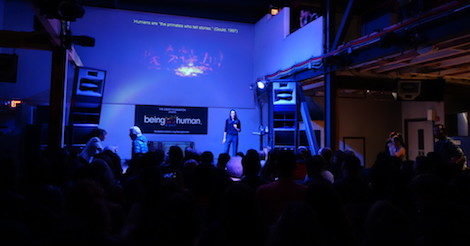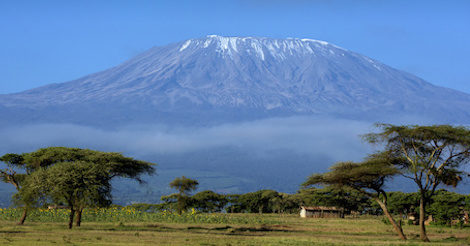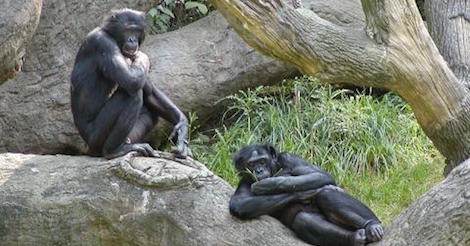Being Human

Where Did We Come From?
“You’re an animal!” You’ll often hear this statement used as a pejorative, usually reserved for someone who’s acting out of control or with bad manners. But humans often forget that we really are animals and almost all our behavior—even the most civilized and controlled—is rooted in evolution.
It’s well accepted that our physical characteristics, such as multiple cells, bones, heads, legs, and hearts, evolved from our animal ancestors. But it’s even more interesting to ponder that all our biases, emotions, behavior, and even our viewpoints are the result of evolution. Classic human behaviors like dating, political maneuvering, and wanting to fit in have their roots in evolution.
Evolution is the change in inherited characteristics that occurs in every organism, generation after generation. As the Russian biologist Theodosius Dobzhansky once said, “Nothing in biology makes sense except in the light of evolution,” meaning that any insight into the body or behavior of any organism can only be made through understanding how it evolved. The process of evolution began with a first living cell and it’s fascinating to realize that all of life —from a mosquito to a blue whale and to a virus—evolved from that single-celled organism, “the last universal ancestor,” that lived about 3.8 billion years ago.
Evolution then is a master key for getting to the basis of understanding our human experience. Humans are complex beings, and things like social pressure, cultural conditioning, and other factors also play a role. But in the bigger picture we can only understand why society and culture affect us so much by understanding that we’re social animals who evolved to survive in groups, and therefore adapted to be strongly influenced by our peers. In the end, to expand on Dobzhansky, nothing in human experience makes sense, except in the light of evolution.


